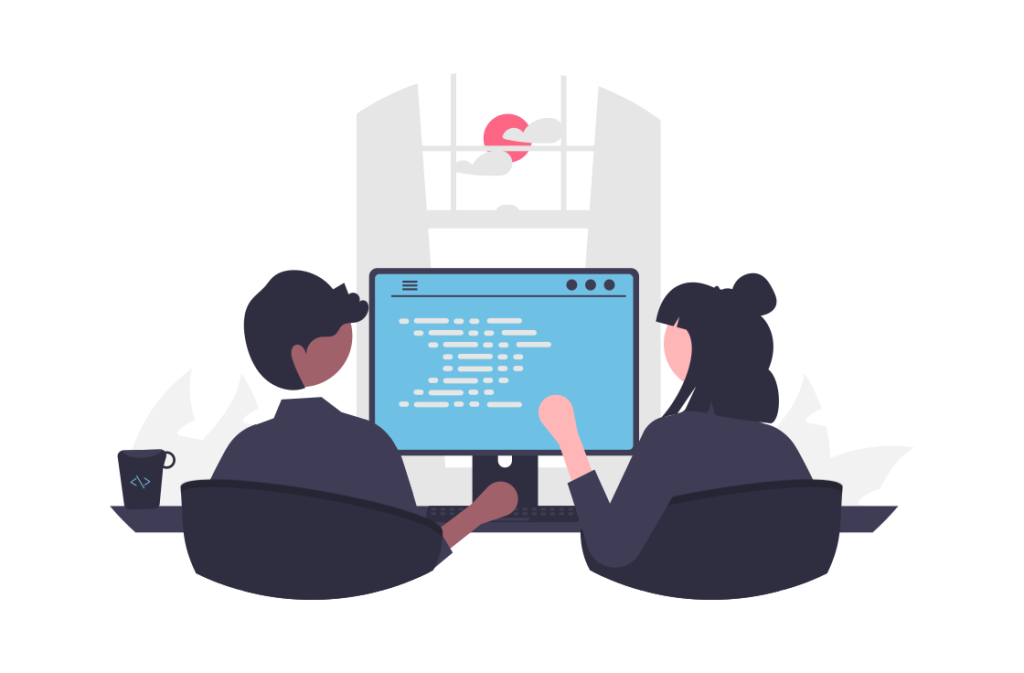The foundation of any strong and dynamic web application is backend development. It’s the unseen force that keeps the UI functioning and guarantees smooth communication between the client and the server. It is imperative to become proficient in backend programming if you want to build safe, scalable, and effective online apps. We’ll go over the essential ideas, resources, and industry best practices in this extensive book to help you become a competent backend developer.
Understanding the Basics
In mastering server-side languages, developers should familiarize themselves with widely used options like Node.js, Python, Ruby, Java, and PHP, understanding their distinct approaches to handling requests and responses. Regarding databases, it is crucial to explore both SQL and NoSQL types, discerning their appropriate usage, and mastering design principles for optimal performance and scalability. Finally, in the realm of APIs, one should grasp the fundamental concept of Application Programming Interfaces and their role in facilitating communication between diverse software systems, while also gaining expertise in designing and implementing RESTful APIs.
Building a Strong Foundation
In mastering backend development, it is crucial to first familiarize yourself with version control systems such as Git and learn collaborative practices through platforms like GitHub or GitLab. Building a strong foundation involves gaining proficiency in configuring web servers like Apache or Nginx, along with understanding server-side scripting and deployment. Additionally, ensuring the security of web applications requires the implementation of robust user authentication and authorization mechanisms, exploring technologies like OAuth and JWT to establish secure user sessions. These foundational elements collectively contribute to a well-rounded skill set for effective backend development.
Frameworks and Libraries
When choosing a backend framework, consider your language preference, such as Express.js for Node.js, Django for Python, or Spring for Java. Understand that frameworks play a crucial role in streamlining development and improving code organization. Additionally, in the realm of utilizing libraries, expedite development by leveraging libraries and packages while also delving into Object-Relational Mapping (ORM) libraries for efficient database interaction. These practices contribute to a more efficient and organized development process.
Scalability and Performance
In backend development, caching is crucial for performance optimization, involving the implementation of strategies to reduce server load by storing frequently accessed data or computations. Understanding the role of caching is fundamental to enhancing overall system efficiency. Similarly, load balancing is essential for distributing incoming traffic and ensuring optimal resource utilization. Developers should explore cloud services to implement scalable infrastructure, allowing for the seamless distribution of workloads across multiple servers, thus improving the application’s responsiveness and reliability.
Security Best Practices
Data encryption, which is accomplished by using SSL/TLS for secure data transport and encrypting sensitive data kept in databases, is essential to guaranteeing strong backend security. Furthermore, by carefully verifying user inputs, input validation plays a critical role in thwarting typical security risks like SQL injection and XSS attacks. In addition, conducting frequent security audits helps to keep an eye on the most recent security threats and best practices, which helps to continuously improve the system’s defenses. These audits enable the timely detection and remediation of vulnerabilities.
Monitoring and Logging
In backend development, implementing logging is crucial for tracking application behavior and identifying errors, serving as a valuable tool for debugging and performance optimization. Establishing robust logging mechanisms ensures a comprehensive understanding of the application’s functionality. Simultaneously, performance monitoring involves the integration of real-time tools and analytics to identify bottlenecks and optimize code efficiently. By leveraging metrics and analytics, developers can gain insights into system performance, enabling proactive measures to enhance overall application efficiency and user experience. Together, logging and performance monitoring contribute significantly to maintaining a healthy and responsive backend infrastructure.
Conclusion
Gaining expertise in backend development requires constant study and technological adaptation. You can become an expert backend developer who can create reliable and efficient web apps by grasping the core ideas, utilizing strong frameworks and libraries, and implementing best practices for security and scalability. Recall that producing clear, effective code consistently, keeping up with current industry trends, and practicing often are the keys to expertise. Have fun with coding!


